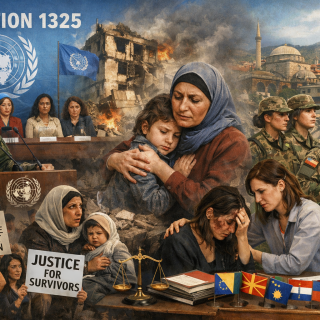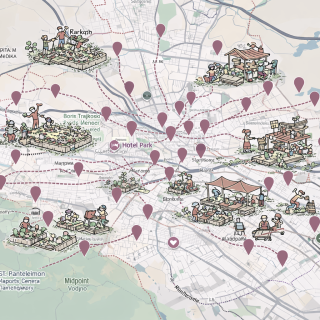Just as in other cities in Bosnia and Herzegovina that came under the control of the Army of Republika Srpska in spring of 1992, in Doboj, there was the same war scenario with a similar prelude to crimes that ensued. May of 1992 in Doboj will be remembered due to the arrival of military, paramilitary and police units of the Serb army to this city and take-over of control in a short period of time. Terror against Bosniaks and Croats followed, starting with arrests, persecutions and opening of concentration camps. It ended with sexual violence, torture and killing of those that did not fit in Karadžić’s vision.
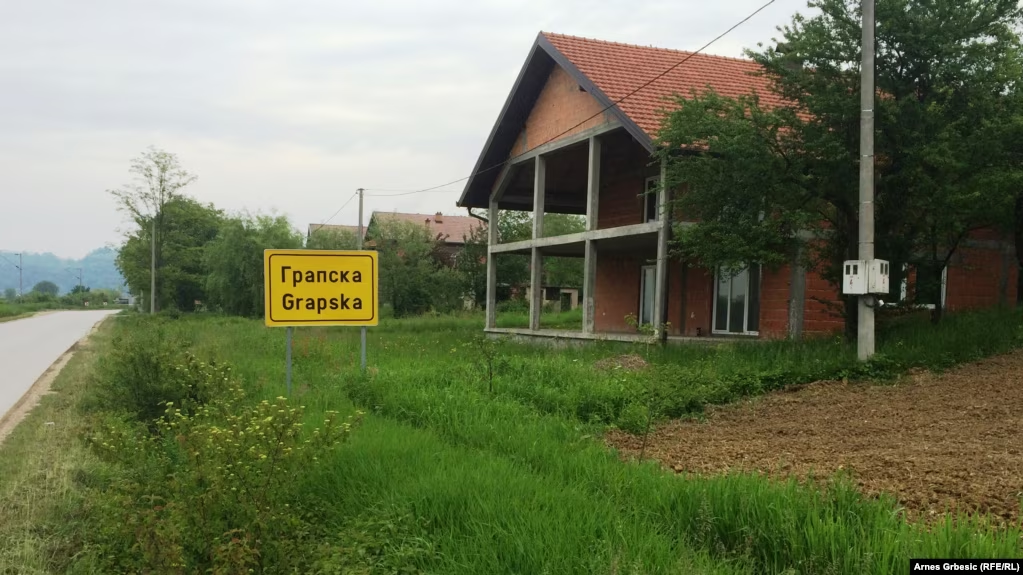
As soon as in March of 1992, the Yugoslav National Army set up military checkpoints in Doboj, which was the first step towards labelling this city as a ”Serb municipality”, which happened on March 26. As a result of this, Doboj was not welcoming towards non-Serb population, who soon lost their jobs in the public sector. The daily life of these persons became increasingly complicated and on May 3, all Bosniaks and Croats received an order to surrender arms. On the same day, a curfew was imposed and announced on the radio. It applied to all citizens of the municipality only in theory. The police patrolled the city on a daily basis to control the compliance with the curfew, although it was clear that it was meant only for Bosniaks and Croats.
Following the takeover of Doboj by the Serb army and rumours about war crimes and incidents in Podrinje, thousands of Bosniaks and Croats left the city and went to Tešanj, where an incident command was established with the aim to prevent the Serb army from taking control of the whole Doboj municipality. According to existing rulings, around thousand Bosniaks and Croats were kept at concentration camps that were established in Doboj region during the war.
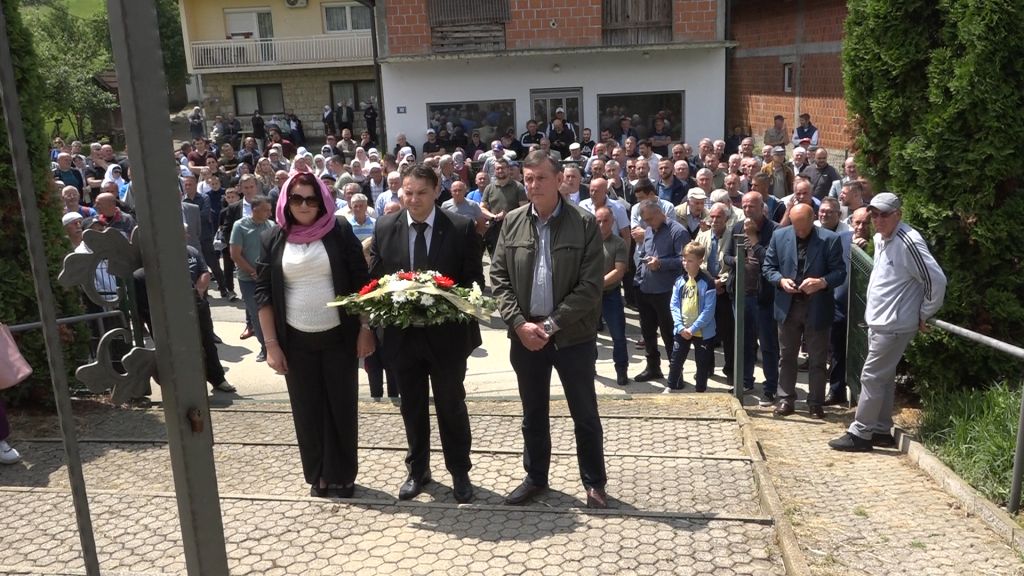
When it comes to war crimes in Doboj, a particular case should be mentioned – Grapska, a village near Doboj that came under the control of the Serb army on May 10, 1992.
”Doboj was occupied on May 3, and Grapska was blocked from May 3 to May 10, when the first artillery attack happened, which lasted for two to three hours. On that day, Grapska was also subject to a ground attack from all directions. On May 10 and 11, 34 persons were killed during an attack on Grapska. On May 11, a ”cleaning of Grapska”, as they referred to it, ensued. Once Grapska fell, a selection was made – civilians were let go to the free territory, and everyone else was taken first to Kostajnica Primary School, where they spent the night, and then a group of around 400 people was sent to the central prison in Doboj, whereas the remaining persons were sent to the military hangar Bare near Doboj”, explains Aljo Hasančević, a representative of the Grapska Detainee Association.
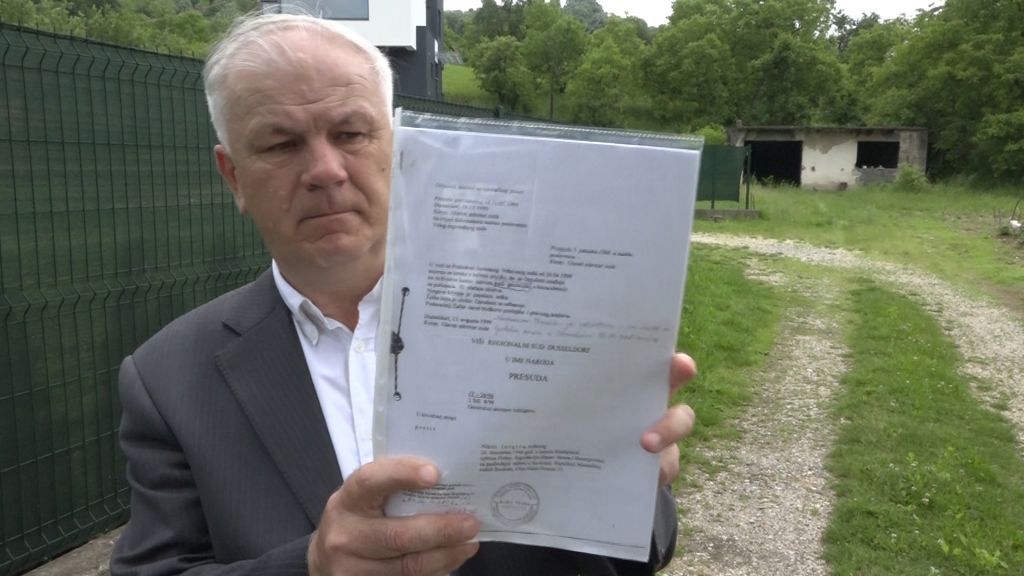
Only few know that the first ruling on a case with elements of genocide committed in the war during the 1990s in Bosnia and Herzegovina was handed down in Germany and is related to crimes in Grapska. In 1997, the Düsseldorf Higher Regional Court convicted Nikola Jorgić of genocide based on crimes committed in Doboj. His appeal against the sentence, in which Jorgić tried to contest the jurisdiction of this court, was rejected. Jorgić then appealed the sentence of the Düsseldorf Court before the Court for Human Rights in Strasbourg, but it was rejected as well. The universal jurisdiction is a mechanism due to which Jorgić’s appeal stood no chance.
Nikola Jorgić was indicted on 11 counts of genocide for murdering 22 persons that were unfit for military service and for crimes committed in Ševarlije. He received a four-time life sentence and this ruling was a legal precedent when it comes to rulings in war crime cases for crimes committed during the war in Bosnia and Herzegovina.
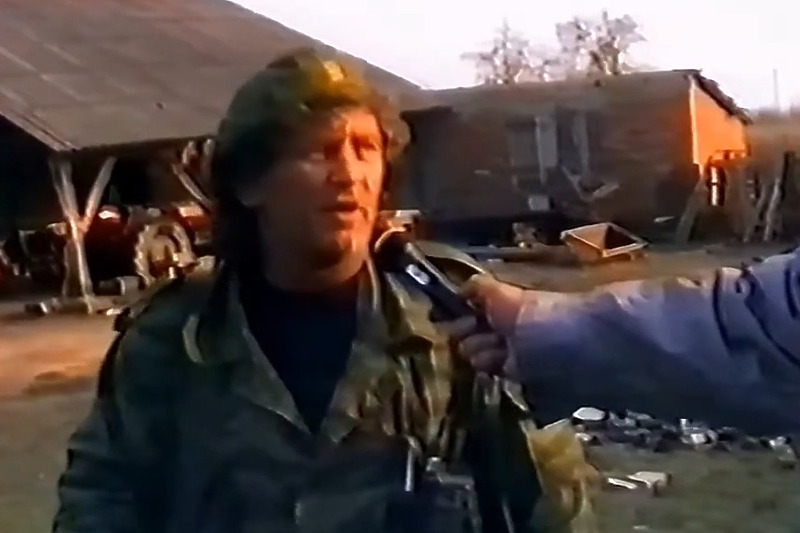
One should always keep in mind the number of people needed for the organisation and commission of a war crime. Organising such atrocities requires many more people than those that have been convicted so far. When it comes to Doboj, the situation in the city is the same as in other cities in which war crimes were committed. Criminal justice in case of war crimes was declining over the course of 2024, which is evident based on the number of indictments and rulings, and this trend will probably continue. Persons that had command and executive responsibility for crimes are growing older and it is questionable whether they will ever be brought to justice. Transitional justice must continue in those cases where courts stopped and it is necessary to research, write, note down and build a culture of remembrance in order for truth to be known. This is not a task for the coming generation, but rather the current one.
This text was co-authored in cooperation with Tačno.net.
